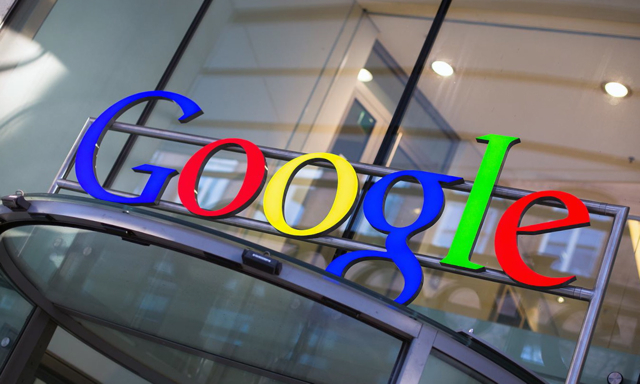Google Offers Formal Response to Two EU Antitrust Charges
November 7, 2016
Google formally rebutted two antitrust charges made by the European Commission (the European Union’s executive body). The Commission claims that Google has used its search engine to boost Google Shopping, its price comparison service, and AdSense, its ad placement service. A third European Union antitrust suit claims that Google’s mobile OS is a ‘Trojan horse’ to promote its own products and services, injuring potential rivals. The EU says it “cannot at this stage prejudge the final outcome of the investigation.”
TechCrunch reports that Google senior vice president/general counsel Kent Walker said the company will respond to the third antitrust suit “in the days to come.”
“We remain confident that these claims lack evidence and are wrong on the facts, the law, and the economics,” explained a Google statement. “The surest signs of dynamic competition in any market are low prices, abundant choices, and constant innovation — and that’s a great description of shopping on the Internet today.”
The EU’s investigations into Google Shopping have been ongoing for about six years, although the “formal Statement of Objections (SO)” was only issued in April 15, and then extended in July with more objections, including those against AdSense. Google has also had “several extensions to Commission deadlines for responses.”
Margrethe Vestager, EU’s commissioner for competition, stated in July that, “We have further strengthened our case that Google has unduly favored its own comparison shopping service in its general search result pages… We have also raised concerns that Google has hindered competition by limiting the ability of its competitors to place search adverts on third party websites, which stifles consumer choice and innovation.”
Walker, however, “makes the case that the online shopping landscape has evolved significantly in the past decade.”
“The data show that the handful of price comparison sites who’ve filed competition complaints don’t reflect the wider marketplace,” he said. “There are hundreds of shopping comparison sites and over the past ten years, some gained traffic, others lost traffic. Some exited the market, others entered.”
“There is simply no meaningful correlation between the evolution of our search services and the performance of price comparison sites,” he added. Google’s main evidence against the EU charges is the dominance of Amazon, an online shopping site that is “by far the largest player on the field.” Walker also notes that consumers “can and do click anywhere and navigate to any site they choose … making online shopping a highly dynamic and growing playfield.”
A recent study — which shows many German online shoppers first visit Amazon — buttresses Google’s point of view. Meanwhile, “only 14.3 percent go first to Google, and only 6.7 percent to price comparison sites.” A recent U.S. study reveals 55 percent of U.S. consumers start online shopping on Amazon, whereas 28 percent go to search engines, and 16 percent straight to individual retailers.
Should the EU prevail, Google could be fined “up to 10 percent of its global revenue,” which pencils out to about $7.5 billion.


No Comments Yet
You can be the first to comment!
Sorry, comments for this entry are closed at this time.